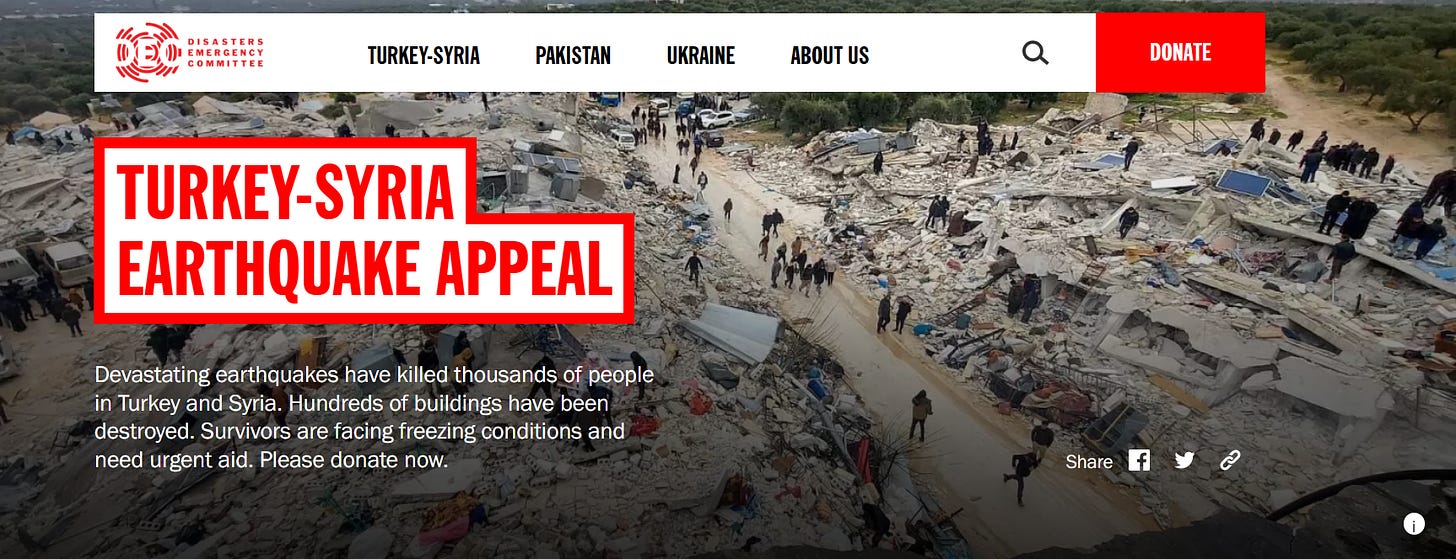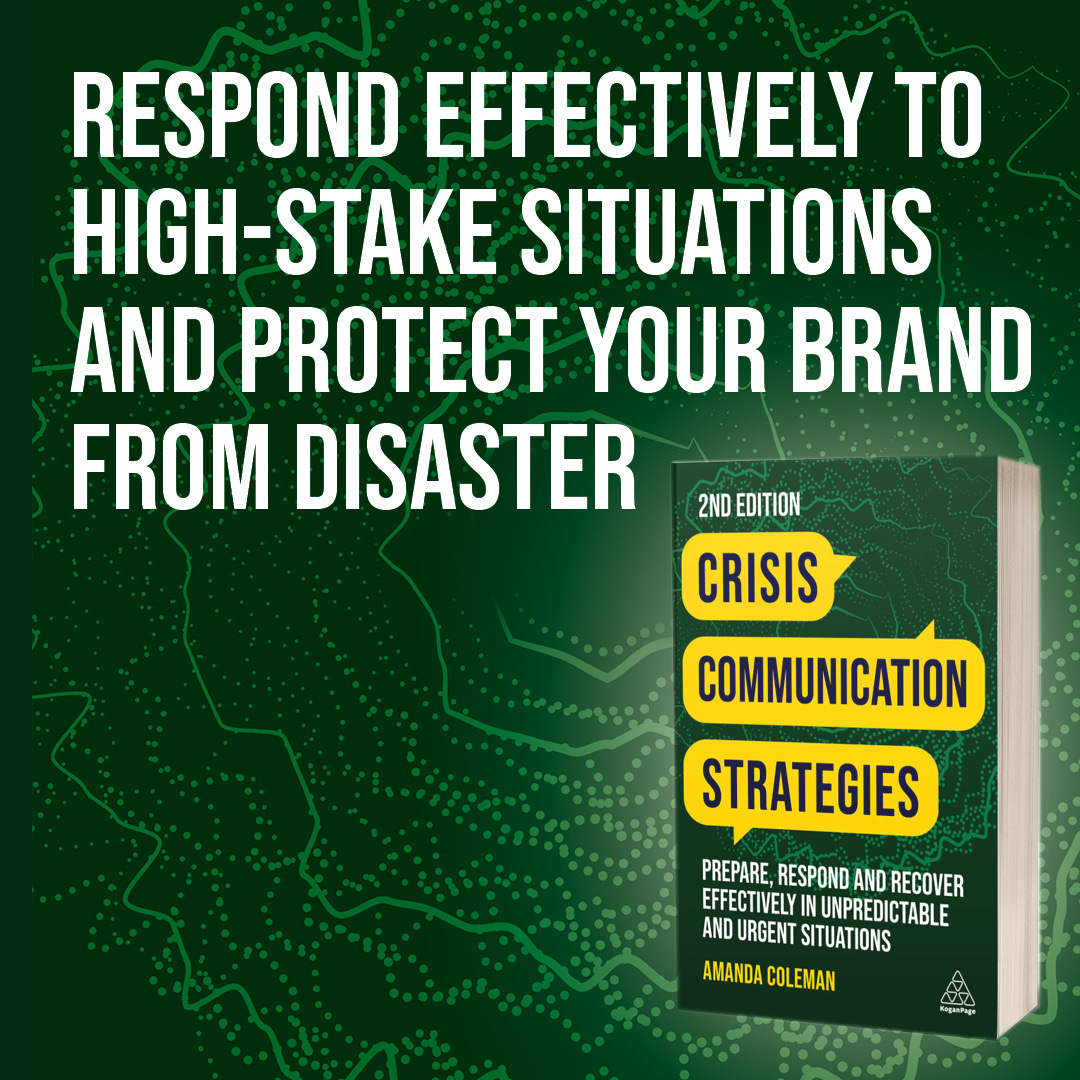Earthquake highlights emergency communication threat
The terrible events in Turkey and Syria have put significant pressure on emergency response teams desperate to try and rescue those who are trapped. Social media has proved invaluable in these circumstances, particularly Twitter that has become a favoured network in the aftermath of disasters.
But recent changes to the Twitter API are said by some data analysts and researchers to have hampered the response. In a recent Time article it was claimed that since the end of last year and the changes being made data streaming has slowed down creating problems for ‘programmers, academics, journalists and NGO’ who collect public data.
In addition in the early response to the earthquake the Turkish government restricted access to Twitter for 12 hours. There is a telling quote in the article: “Twitter is crucial during such disasters,” says Eser Özvataf, a developer and consultant who is one of the leaders of the “Earthquake Help” project. “Maybe it depends on the culture, but in Turkey, text-based social media communications are mostly on Twitter.”
It has made it clear that there needs to be a consideration of how emergency and disaster response can use other methods to replicate Twitter and other social media systems that may change the way they operate and impact on the ability to respond. The ability to use other systems is something that is being considered in a range of studies and research which will be vital in the coming years.
If you have any thoughts on the situation and what could be done get in touch at amanda@amandacolemancomms.co.uk
Click here for the DEC appeal information.
WIN a copy of new edition of Crisis Communication Strategies
There is a copy of the second edition of Crisis Communication Strategies available for readers of this newsletter. Just share the newsletter on Twitter or LinkedIn and use the hashtag #underpressure before 28 February. A winner will be chose at random on 1 March.
To find out more about the book you can pre-order on publisher Kogan Page website here or at Amazon here.
IOD and CIPR report highlights importance of crisis preparedness
A recently published report from the Institute of Directors and the Chartered Institute of Public Relations has highlighted the importance of risk awareness and crisis preparedness to businesses. The report includes a section on the role of PR and communication in helping businesses to prepare, and recommends considering working with specialist risk and crisis communication consultants. Find out more about the report here.
Issues Training - March 2023
There are still a few spaces left on the Effective Issues Management session run by Amanda. It takes place on 23 March at 1pm GMT. The price is £50 for the two hours. To grab one of the spaces email amanda@amandacolemancomms.co.uk
In Brief:
The latest 10 Minutes with video features Amanda talking to Founder of CommsRebel and all-round communication legend Advita Patel. The session looks at equality, diversity and inclusion and how it is relevant when a crisis happens. Watch the session here.
Amanda recently joined other crisis communication experts to talk about ‘what not to do’ when a crisis hits. Find out what she said here.
When a balloon claimed to be spying was shot down over America, the US Defence secretary turned to a hotline that had been set up. Find out what happened when the phone rang in China.
The importance of putting crisis communication centres in place when disasters happen is covered in a podcast by Government Executive. Find out more here.
Schools in Judson district, in America have been looking at how to improve communication in a crisis. Find out how they are simplifying the work to help students and parents. Watch here.
Amanda was joined by Associate Professor Jason Nurse at a recent event talking about cyber attacks and communication. His research and work can help communicators developing plans. Find out more about his work here.
Ottawa hospital faced criticism for failing to communicate when 31 systems were hit. Operations were cancelled and patients were affected but there was no communication. Find out more here. Thanks to Shawna Bruce for highlighting
Diary Dates:
Amanda’s popular crisis management webinar run on behalf of the PRCA takes place again on 7 March. Find out more about it here.
Crisis preparation and prevention is the focus for a session at HQNs Commsfest on 14 March. The session is focused on the housing sector and professionals and Amanda will be one of the speakers for the session. Find out more here.
On 21 March Amanda will be running her popular Producing Engaging Content in the Public Sector for the PRCA. Find out more here.




